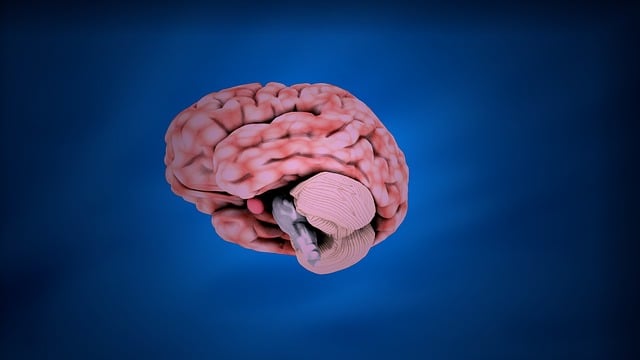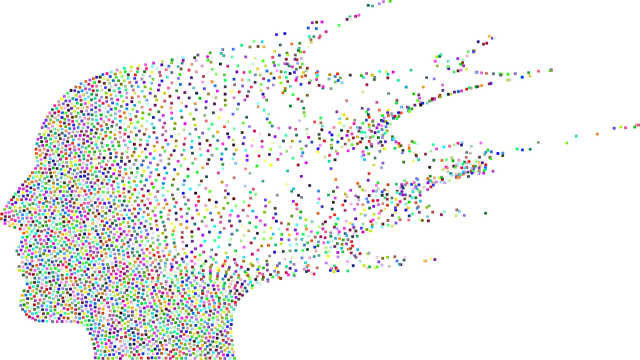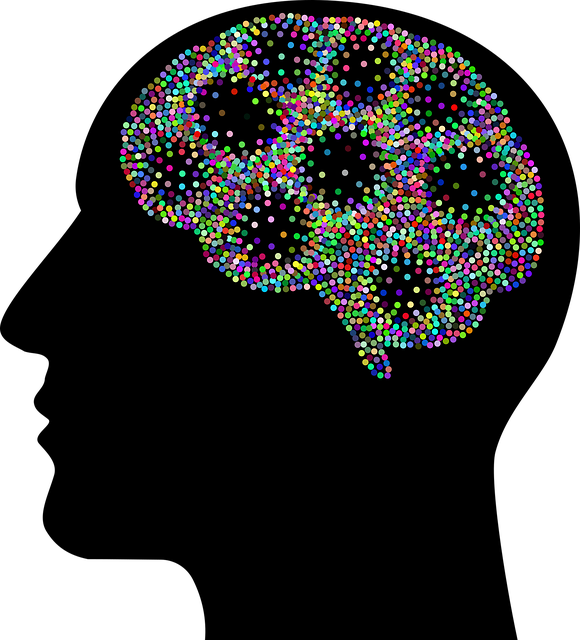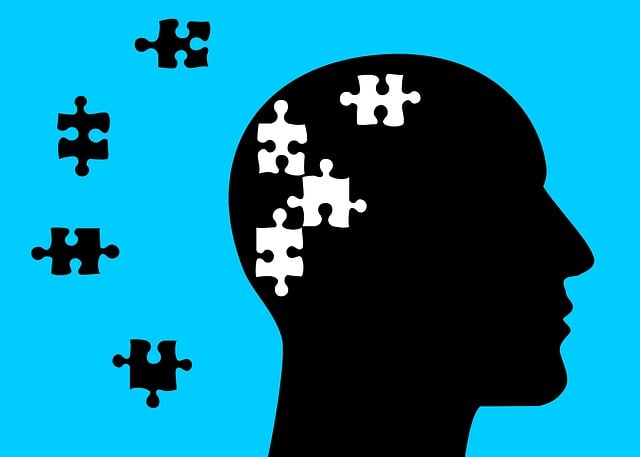Diagnosing mental illness accurately is challenging due to its complex nature and varied presentations. Lone Tree Psychological Testing & Therapy offers innovative solutions by combining precise, evidence-based psychological tests with personalized therapy sessions. Their approach considers genetic, environmental, and cultural factors, enhancing diagnosis reliability and tailored treatment plans. Through community outreach, they promote self-care routines, conflict resolution skills, and inner strength, addressing broader life challenges. This holistic strategy ensures comprehensive care for diverse populations, improving mental illness diagnosis accuracy and patient outcomes in primary care settings.
Mental illness diagnosis accuracy has long been a subject of concern, with many challenges hindering effective identification. This article delves into strategies aimed at improving diagnostic precision, focusing on psychological testing, therapy integration, and assessment techniques for diverse populations.
We explore the role of Lone Tree psychological testing as a critical tool in this process, while also emphasizing the importance of early intervention and continuous support. By examining these aspects, we hope to shed light on potential game-changers in enhancing mental health care accessibility and outcomes.
- Understanding the Challenges of Mental Illness Diagnosis
- The Role of Psychological Testing in Improving Accuracy
- Integrating Therapy as a Complementary Tool
- Enhancing Assessment Techniques for Diverse Populations
- Promoting Early Intervention and Continuous Support
Understanding the Challenges of Mental Illness Diagnosis

Diagnosing mental illness accurately is a complex task due to its intricate nature and varying presentations across individuals. The vast spectrum of disorders, from depression and anxiety to more nuanced conditions, poses challenges for healthcare professionals. Many factors contribute to this complexity—from genetic predispositions and environmental influences to cultural nuances that can shape symptoms’ expression.
Additionally, the subjective experience of mental health issues often leads to barriers in diagnosis. Symptoms may be subtle or presented differently by each individual, making it crucial for practitioners to employ comprehensive assessment tools like those offered by Lone Tree Psychological Testing & Therapy. Incorporating self-care routine development for better mental health and emotional regulation strategies, as explored in the Mental Wellness Podcast Series Production, further enhances diagnostic accuracy and patient outcomes.
The Role of Psychological Testing in Improving Accuracy

The role of psychological testing is pivotal in enhancing the accuracy of mental illness diagnoses. These evaluations go beyond mere self-report and clinical observation by providing objective data on cognitive function, emotional states, and behavioral patterns. By utilizing evidence-based assessment tools, healthcare professionals can gain deeper insights into a patient’s mental health landscape, thereby improving diagnostic precision. Accurate diagnoses are essential for developing tailored treatment plans that address specific needs, ensuring more effective Lone Tree psychological testing therapy.
Furthermore, psychological testing plays a crucial role in Mental Illness Stigma Reduction Efforts and Empathy Building Strategies. By offering concrete data on symptoms and challenges, these assessments help dispel myths and misconceptions associated with mental illness. This, in turn, fosters understanding and empathy from both healthcare providers and the broader community. As a result, patients may experience less social isolation and stigma, encouraging them to seek timely support and adhere to treatment regimens aimed at boosting their confidence and overall well-being.
Integrating Therapy as a Complementary Tool

Integrating therapy as a complementary tool has emerged as a powerful strategy to enhance mental illness diagnosis accuracy at Lone Tree Psychological Testing Therapy. Beyond traditional assessments, therapists play a vital role in providing personalized support and insights that can enrich the diagnostic process. By combining clinical expertise with therapeutic techniques, professionals can offer a more nuanced understanding of an individual’s mental health landscape. This holistic approach ensures that various factors influencing psychological well-being are considered, leading to more accurate diagnoses.
Through community outreach program implementation, Lone Tree Psychological Testing Therapy has been fostering inner strength development and equipping individuals with effective conflict resolution techniques. These initiatives not only contribute to improved mental health outcomes but also enhance the accuracy of diagnosis by addressing broader contexts and life challenges that may impact an individual’s psychological state. By integrating therapy as a core component, the practice strives to provide comprehensive care tailored to each client’s unique needs.
Enhancing Assessment Techniques for Diverse Populations

In an effort to enhance mental illness diagnosis accuracy, particularly for diverse populations, Lone Tree Psychological Testing & Therapy is at the forefront of innovative assessment techniques. Recognizing that each individual’s experience with mental health is unique, the clinic has developed specialized protocols tailored to cultural backgrounds, age groups, and specific conditions. This personalized approach ensures that assessments are not only comprehensive but also sensitive to the nuances of diverse experiences. For example, therapists employ culturally responsive evaluation methods to address potential biases in traditional diagnostic tools, thereby improving the reliability of diagnoses for non-dominant communities.
Moreover, Lone Tree Psychological Testing & Therapy integrates Burnout Prevention Strategies for Healthcare Providers, Stress Reduction Methods, and Resilience Building techniques into their assessment process. These strategies not only support mental health professionals but also foster a more holistic understanding of clients’ well-being. By incorporating evidence-based practices aimed at stress management and resilience, the clinic enhances diagnostic accuracy by factoring in the impact of environmental and occupational stressors on mental health. This comprehensive approach reflects a commitment to providing effective, tailored interventions for all individuals seeking support.
Promoting Early Intervention and Continuous Support

Early intervention is a cornerstone in improving mental illness diagnosis accuracy and patient outcomes. By integrating Lone Tree Psychological Testing Therapy services into primary care settings, healthcare providers can identify subtle signs of distress or emerging mental health concerns much earlier. This proactive approach allows for timely referrals to specialists like psychologists and therapists, ensuring patients receive the appropriate support they need. Continuous support is equally vital; ongoing therapy sessions equip individuals with effective coping strategies, such as conflict resolution techniques and stress management skills, enhancing their resilience in managing symptoms over time.
Additionally, self-esteem improvement plays a significant role in this process. Many mental health disorders are intertwined with low self-worth, making it crucial for therapists to incorporate activities fostering positive self-image during therapy sessions. This holistic approach not only enhances the accuracy of diagnosis but also promotes long-term recovery by addressing the underlying psychological roots of distress.
Mental illness diagnosis accuracy is a multifaceted challenge that requires integrating diverse tools and approaches. By understanding the unique challenges of mental health assessment, utilizing psychological testing as a robust framework, incorporating therapy as a complementary strategy, and adapting assessment techniques for diverse populations, we can significantly enhance diagnostic accuracy. Lone Tree Psychological Testing and Therapy play a pivotal role in this process, offering evidence-based methods to support individuals and communities alike. Through early intervention and continuous care, we can foster better outcomes and improve the overall well-being of those facing mental health issues.














